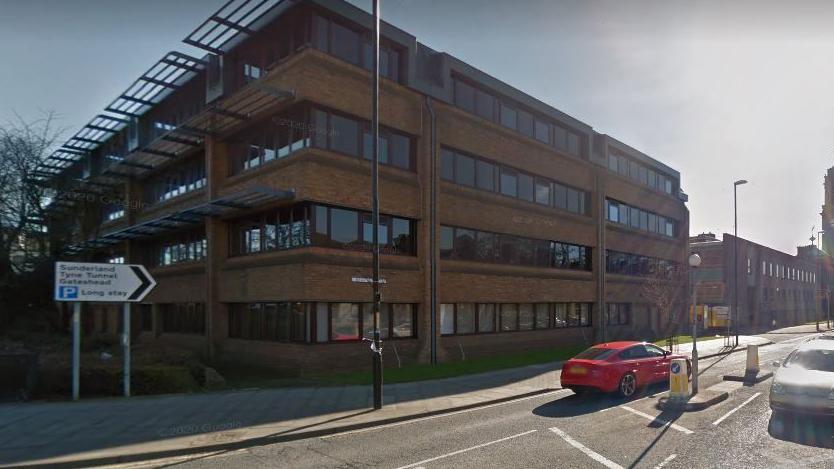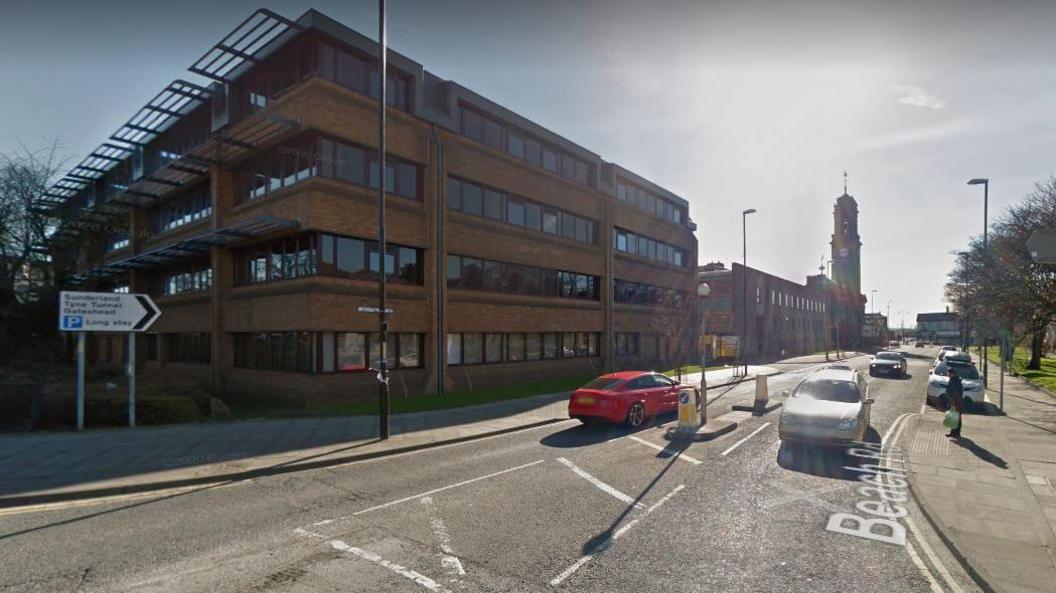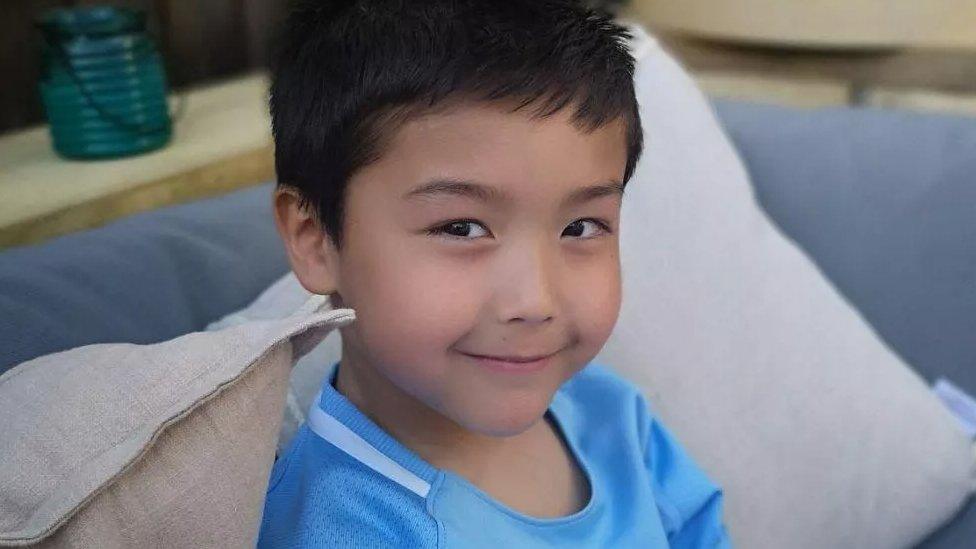Man's suicide prompts concerns over future deaths

Christopher Paul Vickers took his own life in 2021, aged 37
- Published
A coroner has raised concerns following a man's suicide after finding "repeated missed opportunities" to support him.
Christopher Paul Vickers, 37, took his own life in 2021 after suffering a chronic episode related to his mental health conditions and ADHD.
A report published on Tuesday by Gateshead and South Tyneside coroner Leila Benyounes said there was a risk of future deaths happening if action was not taken.
The report was shared with South Tyneside Council and Cumbria, Northumberland, Tyne and Wear NHS Foundation Trust (CNTW), who were involved in Mr Vickers' care, and both said they had made changes.
CNTW said it would review its domestic abuse policy again following the inquest, while the council said it was in the process of developing a new Multi-Agency Safeguarding Hub (MASH).
Waiting list
Documents show Mr Vickers was assessed and treated in early 2020, and was also found to have specific needs.
During the pandemic his symptoms - including anxiety and intrusive thoughts - had worsened, and from June 2021 there were several referrals and contacts from his family and other agencies, as he was deemed a risk to himself and others.
He was placed in the care of the community team, where he was put on a waiting list on 25 June and given medication for anxiety and lack of sleep.
Mr Vickers was found dead three weeks later, on 18 July, having taken his own life.
Ms Benyounes said the different agencies involved in his care had failed to co-ordinate the support they were giving him.
She said: "There were multiple repeated missed opportunities by different organisations to instigate a safeguarding referral for formal safeguarding supervision, or to convene a multi-disciplinary or multi-agency meeting to co-ordinate the deceased’s care with the provision of a shared care plan."
She added action taken so far by the council and the trust did not address her concerns.
Ms Benyounes said: "There remains a risk that future deaths could occur as the missed opportunities were significant and multiple and relate to clear processes and policies that were not followed."
Policy review
Rajesh Nadkarni, CNTW's deputy chief executive, said the trust had "already made several changes based on what we have learnt from this tragic incident".
He said a "significant amount of work" had been carried out to improve engagement with families and carers, and with staff awareness and skills around concerns about domestic violence.
"Our domestic abuse policy was updated following Mr Vickers’ death, however, following the inquest, we have decided to review this policy again to ensure that the trust incorporates all the learning from this inquest, particularly around staff roles and responsibilities in relation to safeguarding referrals."
Dr Nadkarni said the review was due to be completed by July.
South Tyneside Council said it too had made changes after the inquest and added it had "further re-evaluated" its internal policies and procedures "in light of the evidence heard and the concerns of the coroner".
"This will bring together safeguarding professionals from services that have contact with adults, making the best possible use of their combined knowledge to keep adults safe and offer prevention, protection, and proportionate responses," a spokesperson said.
If you have been affected by any of the issues in this article, there is help and support at BBC Action Line.
Follow BBC North East on X (formerly Twitter), external, Facebook, external and Instagram, external. Send your story ideas to northeastandcumbria@bbc.co.uk.
Related topics
- Published1 May 2024

- Published8 March 2024
